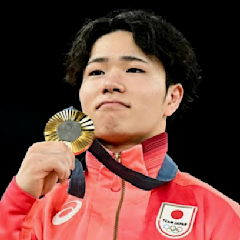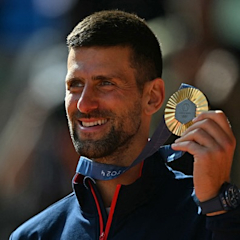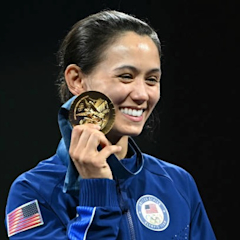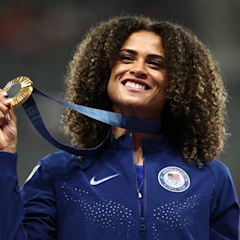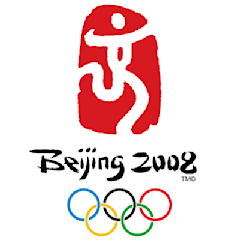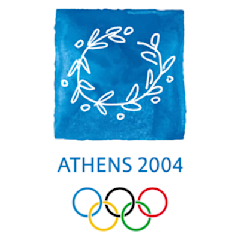Search results
Dec 9, 2022 · The Twelve Olympians were the principal deities of Greek mythology. Their name derives from the fact that they lived on Mount Olympus, a medium-sized mountain in northern Greece. With Zeus as their king, they were worshiped as the rulers of the cosmos throughout Greek history. The first generation of Olympians were children of the Titans Cronus ...
Mar 10, 2023 · Overview. The Titans were immortal deities who ruled the cosmos before the Olympians. The original twelve Titans—the children of the primordial gods Gaia (earth) and Uranus (heaven)—assumed power by overthrowing their tyrannical father, only to become tyrants themselves. Cronus, the youngest Titan, became king after usurping Uranus.
Mar 13, 2023 · The Titans were ancient gods of Greek mythology —children of Uranus and Gaia who dominated the cosmos before the Olympians. Cronus, the youngest Titan, became the ruler of the gods after he usurped his father Uranus. Fearing a similar fate, Cronus swallowed each of his children as soon as they were born in order to maintain his power.
Apr 11, 2023 · Apollo was a powerful Greek god and one of the Twelve Olympians. He served as the divine patron of prophecy, healing, art, and culture, as well as the embodiment of masculine beauty. Apollo belonged to the second generation of Olympians, along with his twin sister Artemis, goddess of the wild and hunting. He was commonly represented as a kouros ...
Mar 9, 2023 · Rhea, the daughter of Gaia and Uranus, was a Greek Titan and the mother of the Olympians. Along with the other Titans, Rhea was imprisoned in Tartarus by her tyrannical father; she was eventually liberated by her brother Cronus, whom she married. Rhea gave birth to the Olympian deities and, through her cunning, helped them overthrow Cronus and ...
Mar 11, 2023 · The terrible Giants, offspring of the primordial earth goddess Gaia, were a race of fierce and powerful monsters. Often represented as large creatures with serpents in place of legs, the Giants fought Zeus and the other Olympian gods in a war known as the Gigantomachy. According to a prophecy, the Olympians could only defeat the Giants with the ...
Mar 10, 2023 · Themis was a Greek Titan most famous for embodying the concept of justice. Unlike the other Titans, she sided with the Olympians in their celestial war with her brethren. Today, her image survives as “Lady Justice,” wearing a chiton (a kind of tunic) and holding a set of balanced scales.
Mar 24, 2023 · Porphyrion was one of the Giants (or “Gigantes”), strong and violent children of Gaia best known for waging a war against the Olympians. In early art and literature, the Giants were usually imagined as heavily armored warriors who looked more or less like ordinary humans. But it soon became more common to represent them as monstrous ...
Mar 17, 2023 · Through their various marriages and affairs, the original Olympians beget a second generation of gods, including Athena, the Muses, Apollo, Artemis, Hephaestus, Hermes, Dionysus, and Heracles. The Offspring of the Goddesses (963–1022) Hesiod bids farewell to the Olympians and gives a catalogue of the children of goddesses who slept with ...
Nov 29, 2022 · The primordial gods, having ceded their power to their descendants, were not widely worshiped in ancient Greece. However, Gaia was seen as the mother of creation. The most significant of the primordial beings, she was worshiped as one of the “chthonic” gods, a special class of deities associated with the earth, death, and the Underworld.




